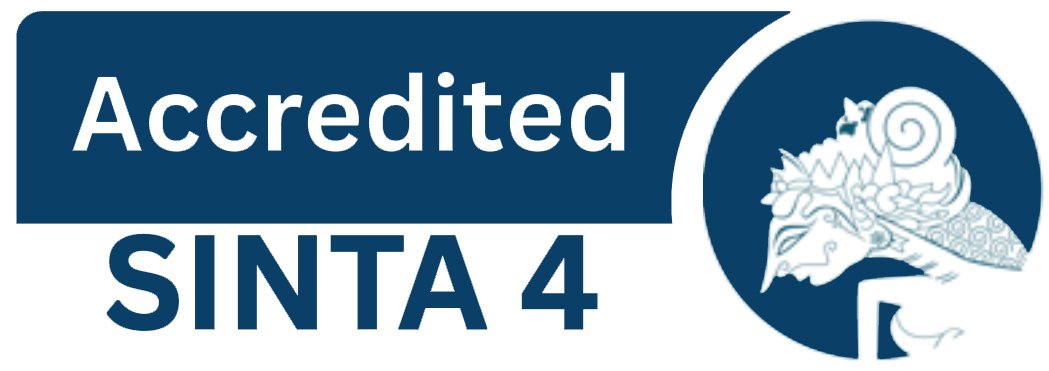Pembelajaran kooperatif jigsaw: sebuah peningkatan hasil belajar siswa kelas V untuk mencapai tujuan pembelajaran matematika
DOI:
https://doi.org/10.22460/collase.v8i3.26449Abstract
Learning is an effort to teach students to understand how students want to learn and gain experience. The effectiveness of the learning model affects student learning outcomes. In small groups, you have the opportunity to exchange ideas, express opinions, and contribute to the development of shared understanding. The case study was conducted at SDS Islam An Nuriyah school using mixed methods. The author hopes to contribute to the development of a more effective learning model for fraction material, especially for elementary school students, and can improve student learning outcomes in mathematics learning. At the pre-cycle stage, the data showed that out of 35 students, only 17 students (48.6%) reached the Minimum Completion Criteria (KKM) of 70, while 18 students (51.4%) had not reached the KKM. This shows that there are problems in the learning process that need to be improved so that students are more active and learning outcomes improve. It can be concluded that the jigsaw cooperative learning model can improve student learning outcomes on fraction material in class V of SDS Islam An Nuriyah Jagakarsa in the 2017-2018 school year.
Downloads
Published
Issue
Section
License
Copyright (c) 2025 Okta Rosfiani, Rihlah Saiidah, Julia Vikri Dwi Atmaja, Vivi Komala, Muhammad Roby Hakim, Muhammad Ridho

This work is licensed under a Creative Commons Attribution-ShareAlike 4.0 International License.



